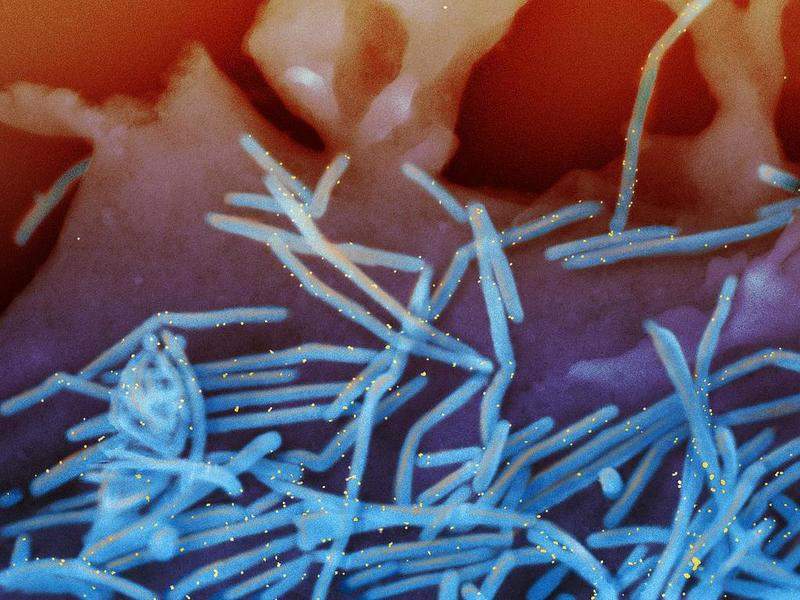
Novavax has reported negative top-line results from the Phase III Prepare clinical trial of its ResVax vaccine being developed to prevent respiratory syncytial virus (RSV) disease in infants through maternal immunisation.
The vaccine did not meet the primary endpoint of prevention of medically significant RSV lower respiratory tract infection (LRTI) through 90 days of life.

Discover B2B Marketing That Performs
Combine business intelligence and editorial excellence to reach engaged professionals across 36 leading media platforms.
However, ResVax is said to have showed efficacy against the secondary objective of RSV LRTI hospitalisation, making it the first RSV vaccine to show Phase III efficacy.
Results also showed that the vaccine demonstrated activity against RSV LRTI with severe hypoxemia.
ResVax is an aluminum adjuvanted RSV fusion (F) protein recombinant nanoparticle vaccine.
The Phase III trial was conducted in 4,636 pregnant women and measured efficacy of ResVax against the primary and two secondary endpoints in per-protocol infants with RSV LRTI.

US Tariffs are shifting - will you react or anticipate?
Don’t let policy changes catch you off guard. Stay proactive with real-time data and expert analysis.
By GlobalDataNovavax president and CEO Stanley Erck said: “Importantly, while this study did not meet the pre-specified success criterion for the primary clinical endpoint of this trial, the data indicate that ResVax protects infants from some of the most serious consequences of RSV, including RSV LRTI hospitalisations and RSV LRTI with severe hypoxemia.
“The potential to prevent these most serious outcomes during infants’ most vulnerable months of life could have a profound impact upon the global burden of RSV disease.”
The company plans to meet the US and European regulators to review the results and determine the next steps for the RSV vaccine.
RSV is the primary cause of severe lower respiratory tract disease in infants and young children. It is estimated to be responsible for 1.4 million hospitalisations and 27,300 in-hospital deaths in children under six months of age.





